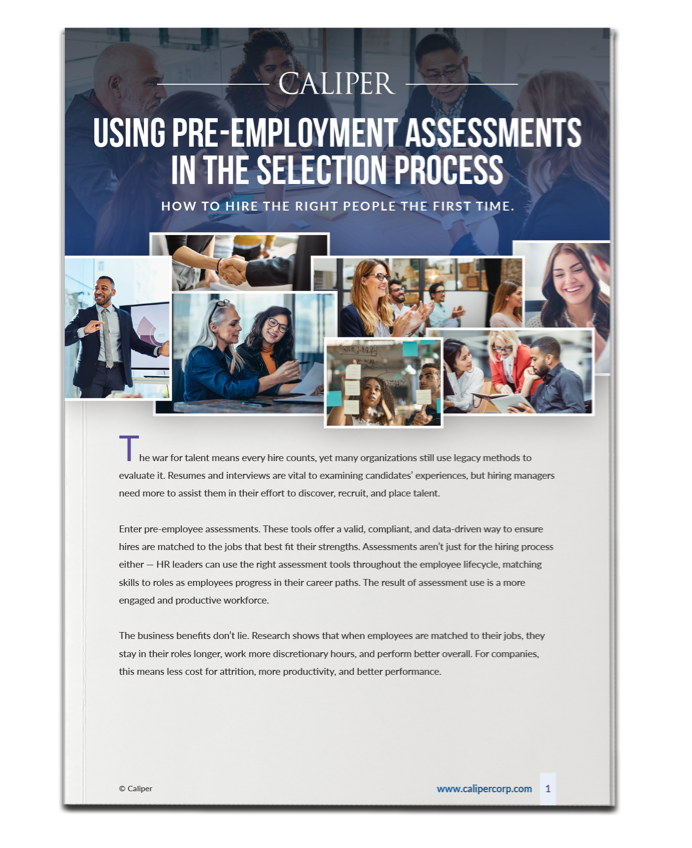The Information Age has changed the way we do business: News travels at light speed now, and consumers have more choices than ever. Technology has knocked down walls, erased borders, and expanded choices. It has also created a greater demand for relationships and trusted advisors. Remember that information is everywhere, but insights from trusted advisors are rare and valued.
With so much information competing for your client’s mindshare, it pays to capitalize on your relationship equity and provide insights via complimentary offerings. Whether you work in HR, Organizational Development, I/O Psychology, Management, or Accounting, one of the best—and certainly leanest—ways to compliment your consulting business is by forming a channel partnership.
For many small to mid-size consulting practices, channel partnerships have typically been a tertiary avenue for moving products, after advertising/marketing and direct sales calls. But nowadays, the advantage of such partnerships is increasing.
An example of an effective channel partnership is an HR consulting firm collaborating with a behavioral assessment company. With such a partnership in place, the HR consultancy can now offer an embedded service to its clients, and in the process, expand its business from multiple value-added perspectives with minimal effort.
The benefits of a channel partnership can include:
- Allowing you to offer value-added services to your clients
- Giving you greater reach by accessing new and more diverse clients
- Reducing the need to hire additional staff and expend resources
- Keeping your business working for you, even when you’re sleeping
If you want to be truly mobile and lean, and you have the technological savvy, you could even run your business entirely through channel partnerships and eliminate the need for bricks and mortar. This approach may appeal to those Millennial-generation entrepreneurs who are already driving major changes to global commerce.
But before anyone dives head first into the world of channel partners, there are some important things to consider. We’ll talk about them in our next post!

